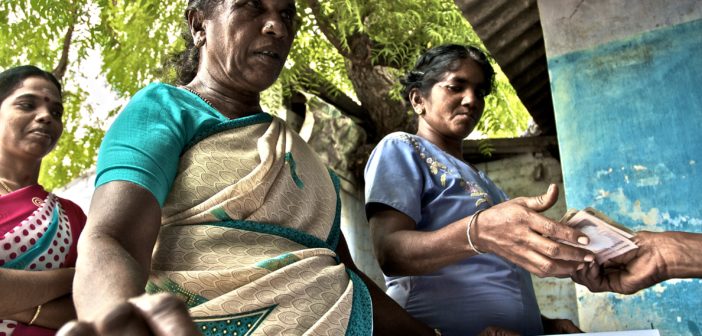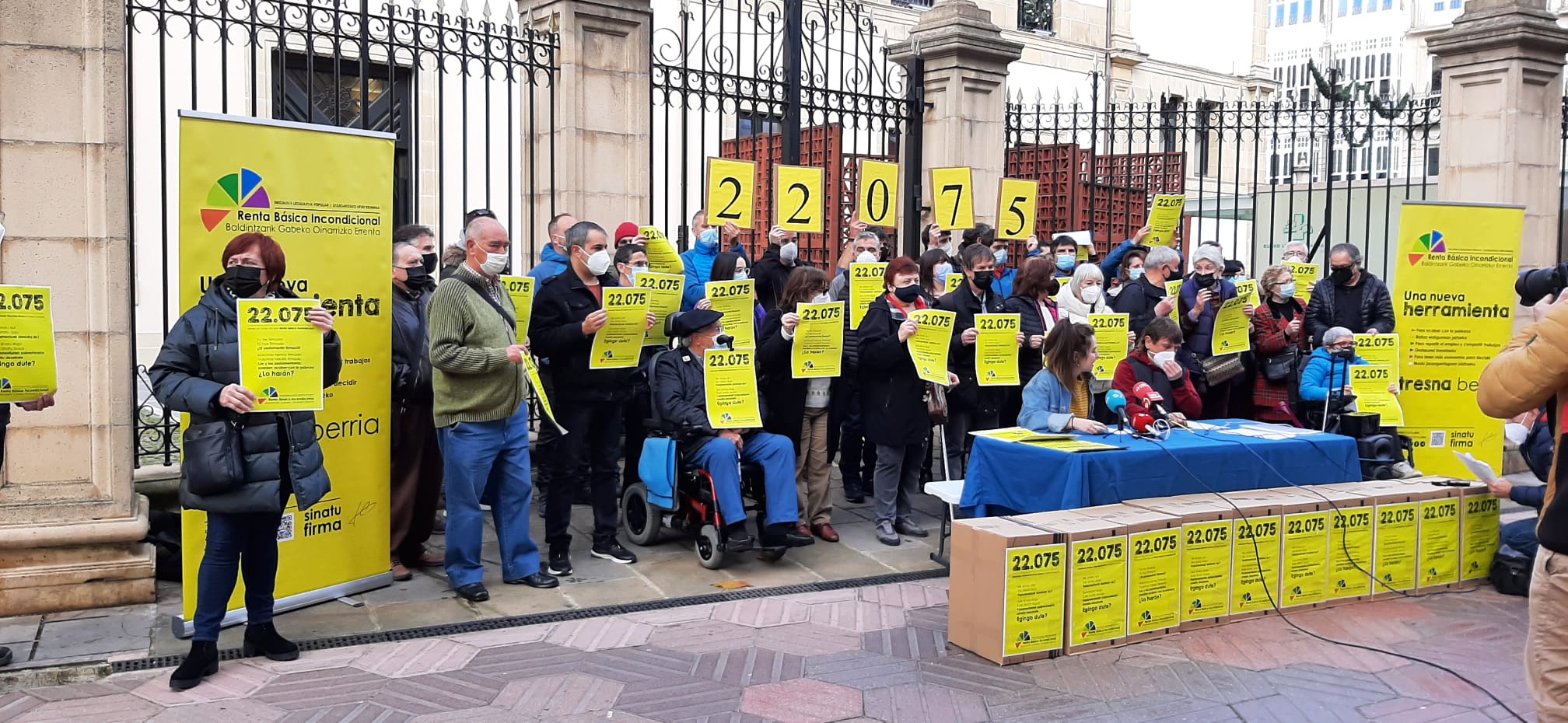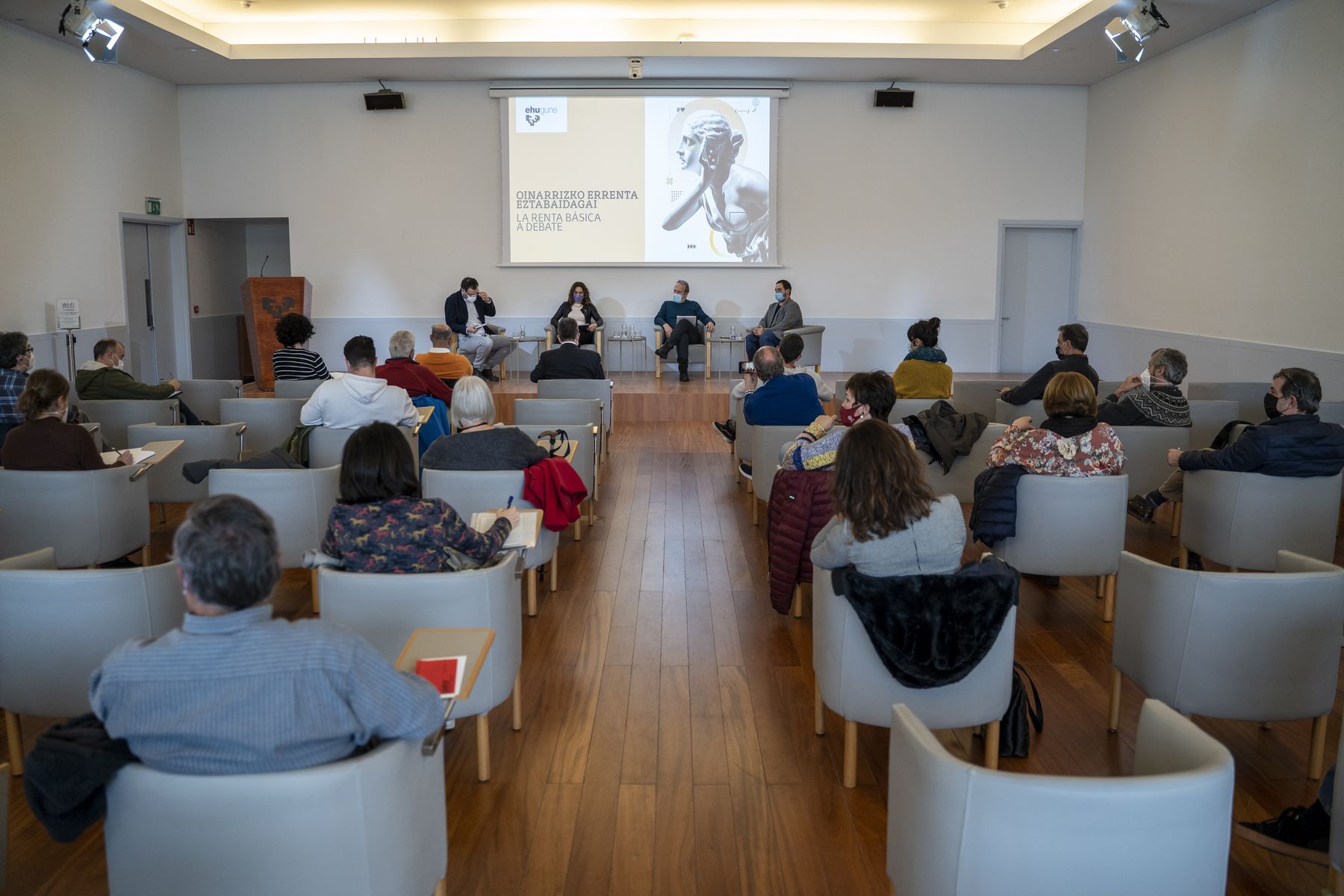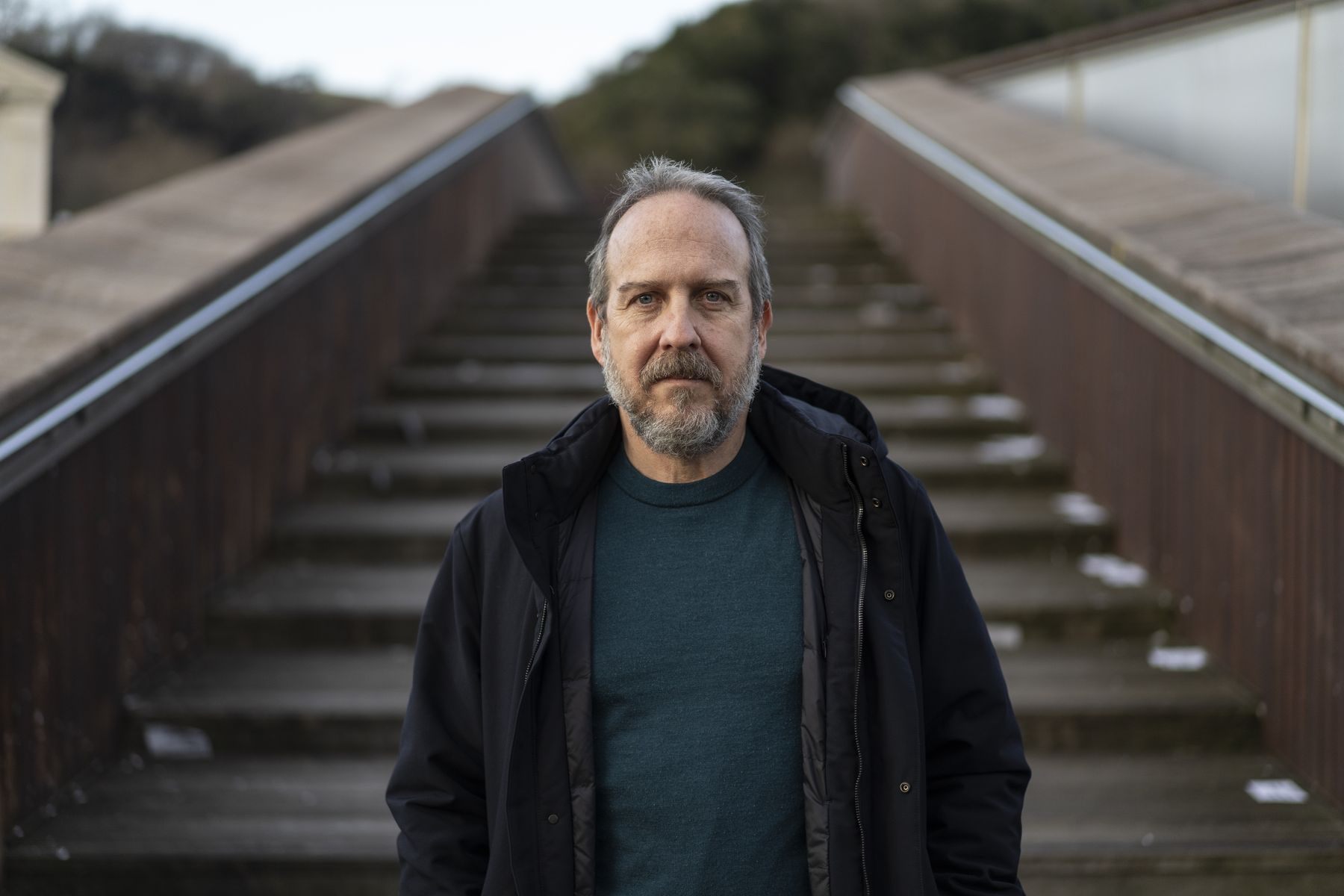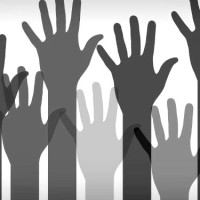"Charity helps people feel good about themselves."
- Julie Wark (Perth, Australia, 1945) is a politician, anthropologist and translator, and Against Charity. In defense of the bàsica renda [Against charity. He has just published, along with Daniel Raventós, the book] (Icaria, 2019). Instead of charity that perpetuates inequality, they claim a universal basic income.

What is charity?
A form of relationship between two people, based on inequality: one gives something to the other, but the second can give nothing to the first and creates a unidirectional hierarchical relationship.
And what difference does it have with solidarity?
Solidarity is characterised by equality between the two parties.
In your book you denounce the “fraud of goodness” behind institutional charity. Why?
Etymologically in English [original language of the book], the two terms were based on a series of social relations of proximity between people of the same level, with the same root of “kindness” and “family”. But in the seventeenth century, with the passing of the Laws of the Poor in England, charity became institutionalized making the leap from goodness to charity. People find it terrible to denounce charity, but when it comes to an institutionalized phenomenon, when humanitarianism, philanthropy, altruism and celebrities come into play, it is based on a totally unbalanced relationship.
Is private goodness possible in a social and economic organization with an unjust structure?
Yes, because we are a social species. For example, American football player Colin Kaepernick is very rich, but he does a lot of solidarity initiatives. Without ethics we cannot have society, because without ethics a social contract is impossible, but this contract is broken today, because the quantitative aspect has prevailed over the qualitative one. So I would say that it's not impossible, but it's very difficult, and that goodness is always very attached to ethics.
In the book you define humanitarianism as institutional charity. Why?
Collin Power himself, a former US Secretary of State, acknowledged that it was a weapon of governments, as it is controlled by governments. It gives you the opportunity to enter countries like Indonesia after the tsunami or the earthquake in Haiti; Clinton humanitarianism, for example, has built five-star hotels in Haiti and cheap clothing factories. And that's exploitation.
What role does charity have in the international capitalist order?

On the one hand, it helps people feel good about themselves and doesn't think much about the absolutely destructive system that we have. On a global level, it serves to cover a lot of things. When you give money to the Red Cross, you think they're going to do something with that money, but don't ask where that money is going: they put it into their account to pay the workers and their retirement pension. They only perpetuate the state of charity.
Recently there has been much talk about donations made by Amancio Ortega for the purchase of medical equipment. What do you think?
Bill Gates also plays the same way: he distributes nets against mosquitoes in Africa and applauds everybody, but those nets have to be wet in the insecticide, an expensive solution for the poor. In addition, it is much cheaper to invest in public health and clean drinking water. Do not forget, moreover, that Gates has the monopoly of malaria research and, consequently, his enormous capacity to influence the World Health Organization.
And what do you think of the initiatives of TV3 or ETB Marathons?
I'm not very fond of it. They work like celebrity charity. There's good intentions behind, but they're a tool to keep society as we have, like putting a little bit of a serious problem. People have the false sense that they're doing something and they feel better, but in themselves they're perpetuating the system.
Instead of charity, they propose universal basic income as a recipe for tackling inequality. How do you think it's viable without touching the ownership of productive media?
Universal basic income can be financed by taxation. All citizens would receive the same amount. Suppose 600 euros a month, both poor and rich, but the latter would pay more taxes. Studies on universal basic income show that it is not necessary to touch the welfare state, but that basic income consolidates it.
Given that poverty and inequality are essential to sustain this system, how do you believe that a universal basic income can be established, without touching the foundations of the system?
You are right, the obstacles to the introduction of basic income are not economic, they are political. How can we achieve this? This question can be asked about all initiatives to achieve a fairer society, so we must fight for basic income in the same way as we fight to improve the situation of women, refugees, schools…
do we decide to write the book against charity? Because charity is just the opposite of human rights. With this idea in the head, we wrote an article in the American CounterPunch Policy and Research Journal about millions of people and superfortunes. From there we were invited to write a book on the subject.”
What happens when you're separated from life, environment or people and socially isolated for 3, 6, 10, 20 or 25 years? Who's in jail? What do we know about the men and women serving in Zaballa's macro-prison?
For those who have been serving prisoners serving sentences in Zaballa... [+]
We are in a process of Popular Legislative Initiative to create an unconditional Basic Income, and we are often debating the appropriateness or otherwise of the proposal. Not so much because of its proven economic viability, but because of more philosophical issues or how to... [+]











